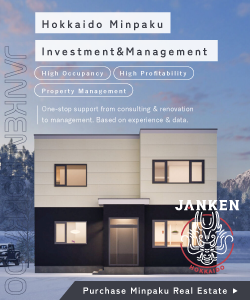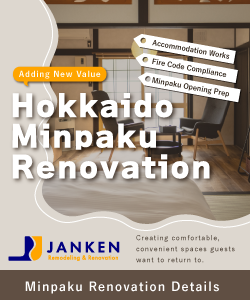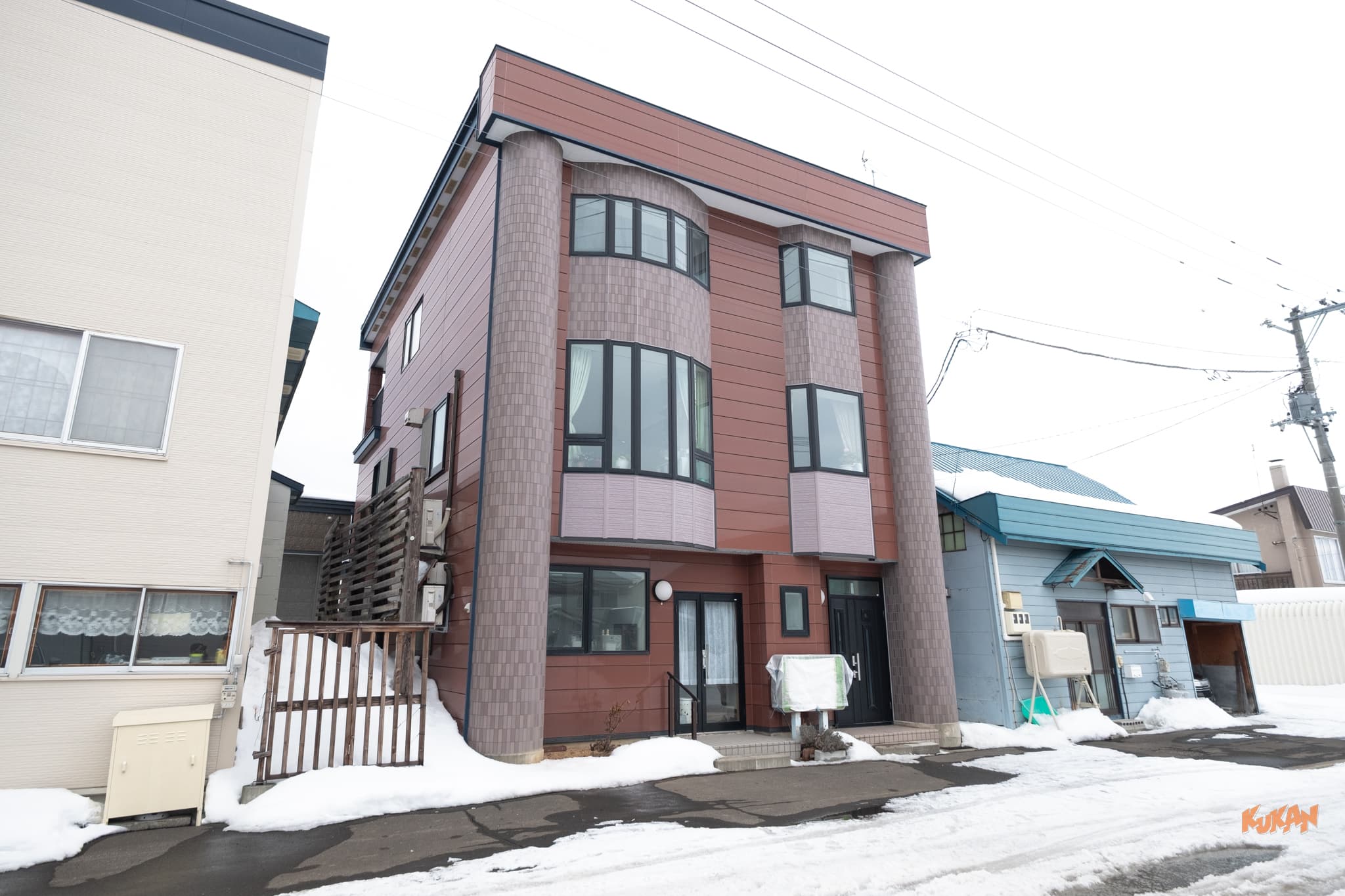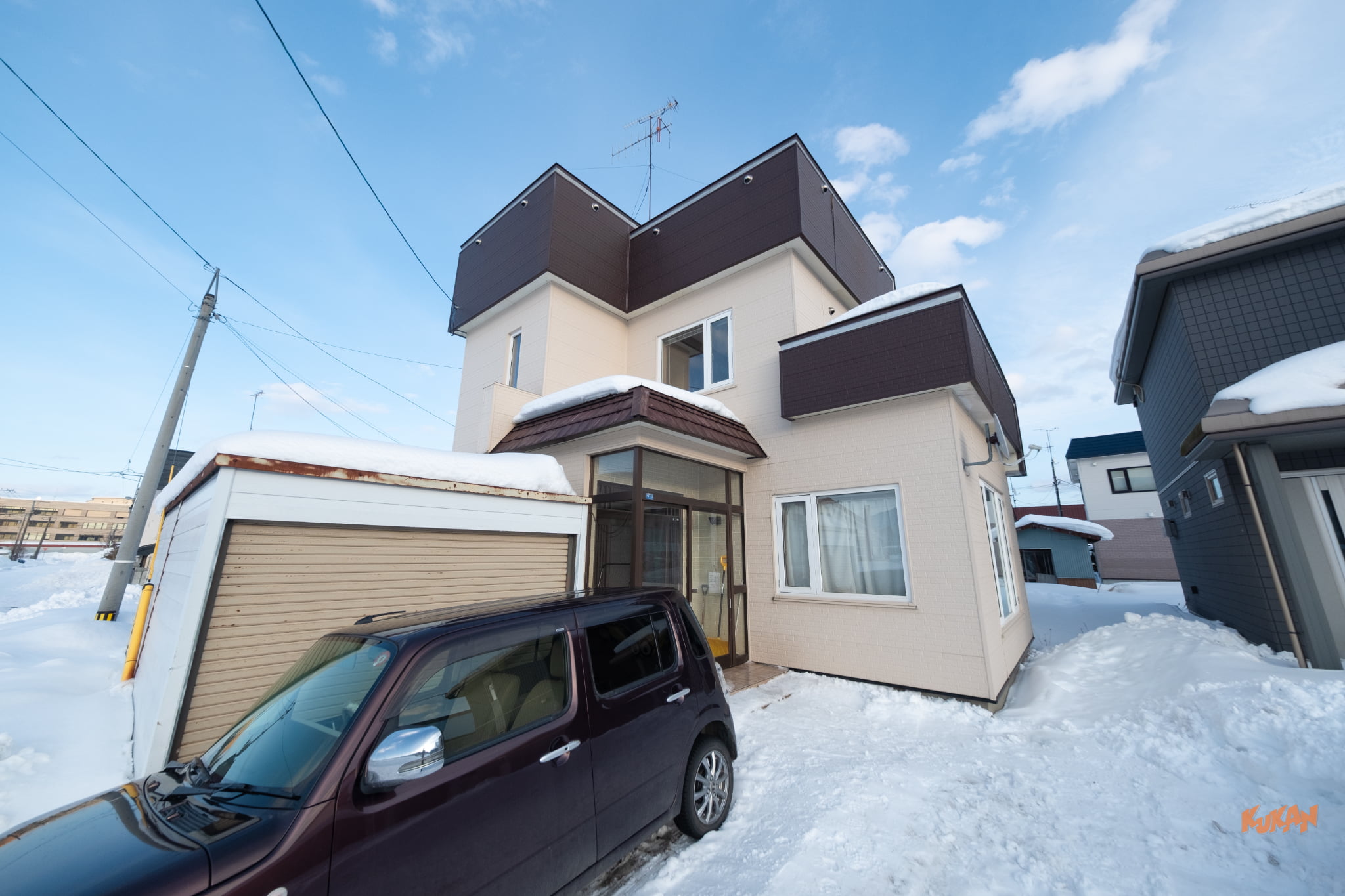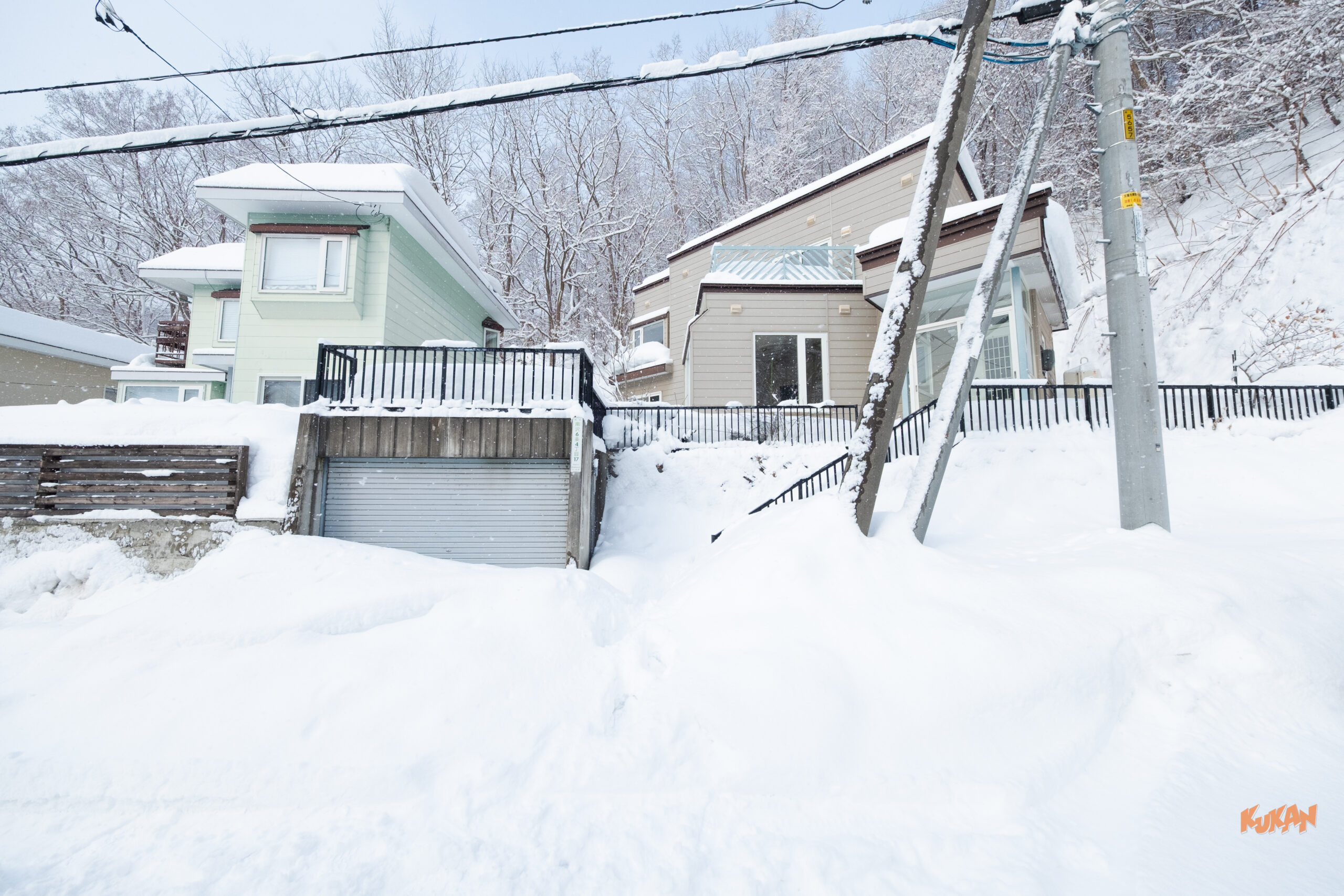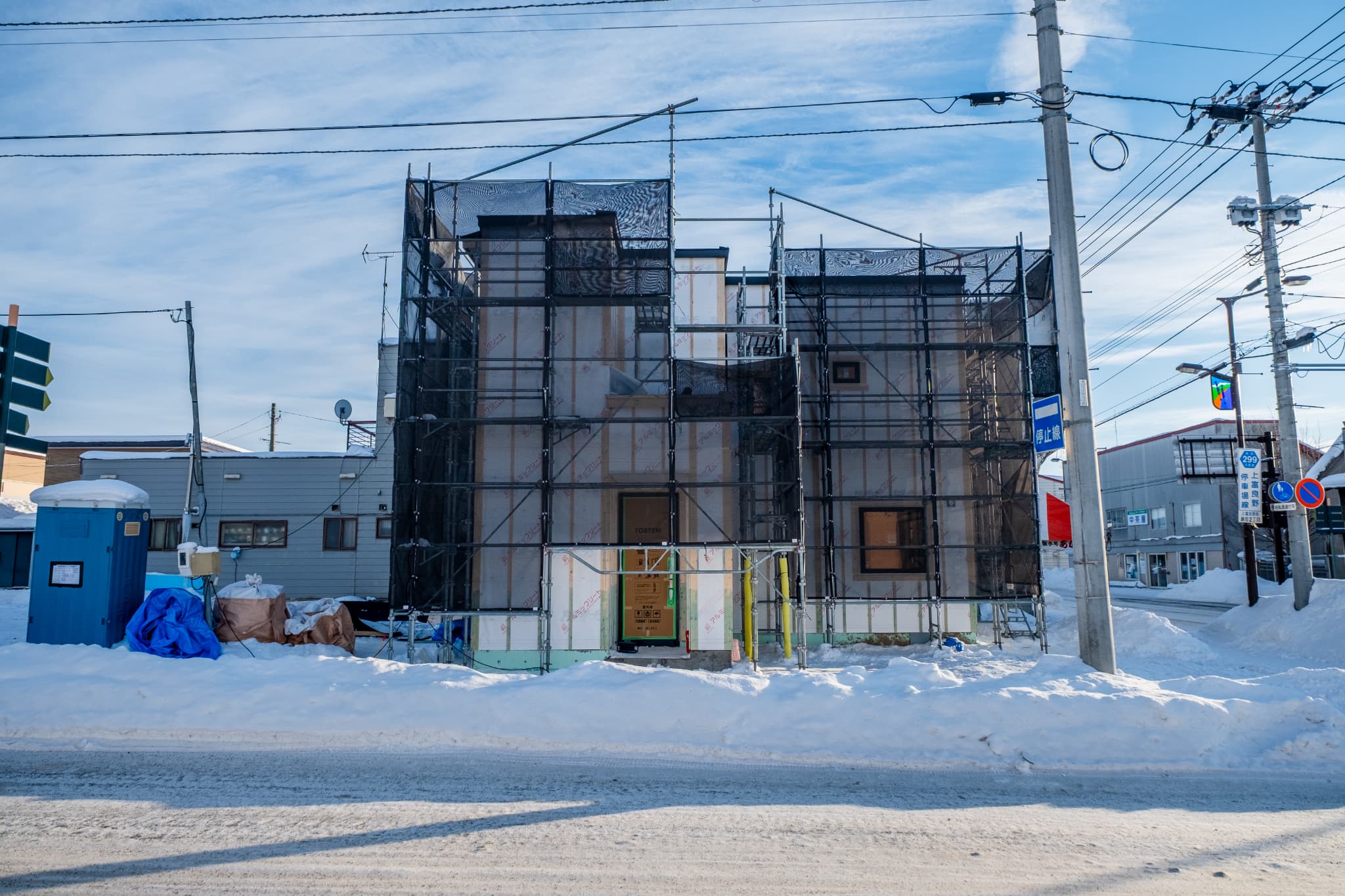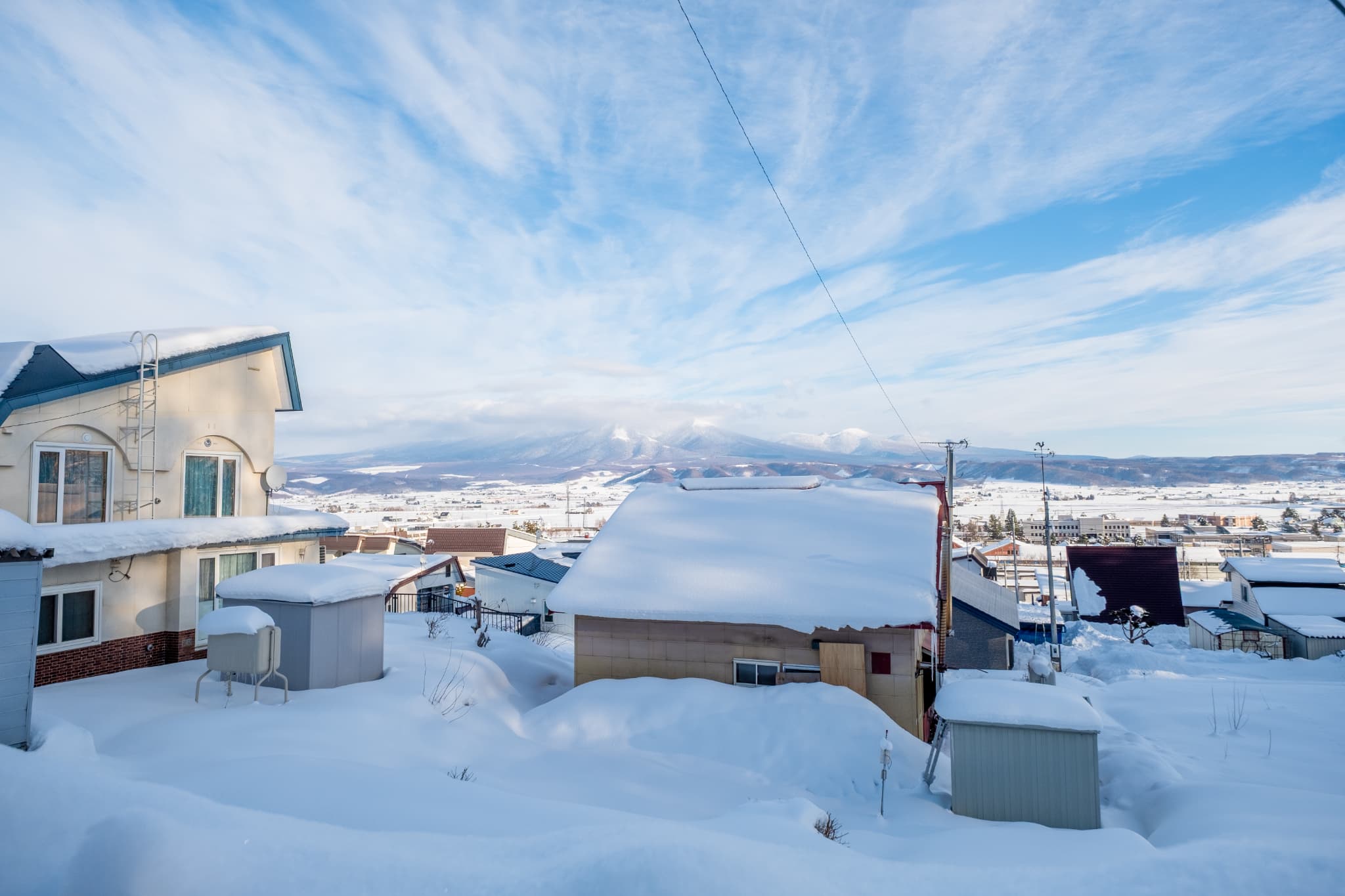Understanding Vacation Rental Expenses: Exploring Initial Investments and Operational Costs for Property Management
2023.12.09

Please note: The conversions are based on the exchange rate of $1 = 150 Yen and presented solely in USD for clarity.
With the increasing influx of international tourists and growing domestic travel demand, vacation rental operations in Japan are attracting more attention than ever.
For those interested in this venture, understanding the financial commitment, including initial expenses and ongoing management costs, is crucial.
This article delves into the specifics, covering everything from permit application fees, linen preparation costs, fire safety equipment expenses, to fees for management services.
Whether you’re furnishing a property or looking for the best sites to manage your venture, we provide detailed insights for prospective owners on all the expenses involved in vacation rental operations.
Contents
- 1 The Comprehensive Cost of Operating a Vacation Rental in Japan
- 2 Starting a Vacation Rental in Japan: A Guide to Initial Costs and Tips for Investors
- 2.1 1. Initial Property Preparation Costs (If Not Owning Property) | Vacation Rental Start-Up Expenses
- 2.2 2. Initial Fire Safety Equipment Costs | Vacation Rental Start-Up Expenses
- 2.3 3.Initial Costs for Interior Renovation | Vacation Rental Start-Up Expenses
- 2.4 4.Initial Costs for Home Appliances, Furniture, and Daily Necessities | Vacation Rental Start-Up Expenses
- 2.5 5.Initial Costs for Application and Notification | Vacation Rental Start-Up Expenses
- 2.6 4.Cost of Vacation Rental Insurance | Vacation Rental Start-Up Expenses
- 2.7 Smart Tips to Reduce Startup Costs for Vacation Rentals in Japan
- 3 Operational Expenses for Vacation Rentals in Japan: A Comprehensive Guide
- 3.1 1. Utilities | Vacation Rental Management Expenses
- 3.2 2. Reservation Site and Management Fees | Vacation Rental Management Expenses
- 3.3 3. Cleaning and Linen Exchange Costs | Vacation Rental Management Expenses
- 3.4 4. Waste Management Fees | Vacation Rental Management Expenses
- 3.5 5. Consumables Expenses | Vacation Rental Management Expenses
- 3.6 6. Vacation Rental Insurance | Vacation Rental Management Expenses
- 3.7 7. Staffing Costs | Vacation Rental Management Expenses
- 3.8 8. Wi-Fi Usage Fees | Vacation Rental Management Expenses
- 3.9 9. Miscellaneous Fees | Vacation Rental Management Expenses
- 3.10 Reducing Operational Costs in Vacation Rental Management: Expert Strategies
- 4 Management Service Costs for Vacation Rentals
- 5 Conclusion
The Comprehensive Cost of Operating a Vacation Rental in Japan
Venturing into vacation rental business in Japan, foreign real estate investors often first ponder the total expenses involved.
Broadly, these costs can be categorized into ‘startup costs’ and ‘operational expenses.’
The overall cost for running a vacation rental varies based on property type and quality. As a guideline, the expenses are as follows:
Starting a Vacation Rental in a Single-Family Home
- Property Acquisition Cost: From around $20,000 (not required for owned properties).
- Startup Costs: Starting from $20,000 (assuming no renovation needed).
- This includes interior works, application fees, fire safety equipment, furniture, linens, cleaning supplies, etc.
- Operational Expenses: Approximately $200 per month plus 30% of the lodging fee and cleaning costs.
- This covers utilities, management fees, consumables, communication costs, etc.
Launching a Vacation Rental in a Condo Unit (1LDK to 2LDK, ~50 sqm)
- Rental Contract Expenses: Around $3,333 to $6,667 (not required for owned properties).
- Including deposits, key money, brokerage fees, fire insurance, security deposit, etc.
- Startup Costs: From $13,333 (can be reduced to $3,333 to $6,667 without renovation).
- Including interior works, application fees, fire safety equipment, furniture, linens, cleaning supplies, etc.
- Operational Expenses: Approximately $200 per month plus 30% of the lodging fee and cleaning costs.
- Covering utilities, management fees, consumables, communication costs, etc.
Let’s delve deeper into the ‘startup costs’ and ‘operational expenses’ needed to kickstart and maintain a vacation rental.
Starting a Vacation Rental in Japan: A Guide to Initial Costs and Tips for Investors
When considering vacation rental investments in Japan, understanding the startup costs is crucial.
The startup costs for operating a vacation rental can be broadly categorized into:
- Initial costs for property preparation
- Initial costs for fire safety equipment
- Initial costs for interior renovation
- Initial costs for home appliances, furniture, and daily necessities
- Initial costs for applications and permits
- Insurance costs for vacation rentals
As a general guideline, excluding the cost of property acquisition:
- Starting a vacation rental in a standalone house typically begins at around $20,000.
- For a single room in a condominium, it starts around $13,333.
It’s advisable to limit the costs of acquiring items other than the property to about 10% of the property acquisition cost.
Let’s break down these expenses:
1. Initial Property Preparation Costs (If Not Owning Property) | Vacation Rental Start-Up Expenses
- Purchasing Property: Costs vary widely, from several thousand to millions of dollars, depending on location and size. Additional expenses include:
- Brokerage fees: approximately one month’s rent.
- Registration fees for ownership transfer and mortgage: $667 to $1,333.
- Property acquisition tax, property tax, and stamp duty.
- Renting Property: Prepare for 3 to 12 months’ worth of rent for deposits, key money, advance rent, brokerage fees, fire insurance, and security deposits. Verify if the property permits vacation rental usage.
2. Initial Fire Safety Equipment Costs | Vacation Rental Start-Up Expenses
Mandatory for all vacation rentals, these costs differ based on property type:
- For a Condo Unit: Around $1,333 for emergency lights and fire detectors.
- For a Single-Family Home (up to two stories, ~860 sqft): Approximately $2,000, covering smoke detectors, emergency lighting, fire extinguishers, and application fees.
Higher costs may incur for more extensive systems in larger properties.
3.Initial Costs for Interior Renovation | Vacation Rental Start-Up Expenses
For the success of a vacation rental, creating a comfortable environment through interior renovation is crucial.
With many guests coming from abroad, it’s essential to convert toilets to Western style.
Also, for long-term stays, having separate bathrooms and toilets and maintaining cleanliness with new flooring or wallpaper is important.
For such renovations, budget around $10,000 to $13,333 .
Here are some guidelines:
- Adding a toilet or shower can start from a few thousand dollars.
- Installing a new bath could cost around $6,666.
- Adding an air conditioner ranges from $666 to $2,000.
- Wallpaper replacement costs around $6.66 to $10 per square meter .
- Replacing flooring for a 20-tatami area starts at about $1,333.
4.Initial Costs for Home Appliances, Furniture, and Daily Necessities | Vacation Rental Start-Up Expenses
Prepare for $1,000 to $2,000 for furnishing appliances, furniture, and daily essentials. Here are some tips for procurement:
- For bedding, allocate $250 to $666 per person for items like beds, sheets, and pillows.
Consider getting two sets for laundry purposes. Choose well-known brands for futons for better durability and comfort. - For furniture, $666 is a standard budget.
If budget is a concern, second-hand is fine, but aim for items that offer a sense of unity and cleanliness. - Daily essentials like dishes, cutlery, and cleaning supplies typically cost around $20, while linen sets are about $200.
Plan for three bath towels per guest. - In resort areas, where guests seek a unique experience, stylish interiors may require a higher budget.
Since guests tend to stay longer in resort vacation rentals, focus on comfort and attractive interiors and amenities.
Keep these insights in mind for an effective start in the vacation rental business, ensuring comfort and appeal for your guests.
5.Initial Costs for Application and Notification | Vacation Rental Start-Up Expenses
⑴Application and Notification fees
Starting a vacation rental involves mandatory notifications, with fees varying by rental type.
Here’s a brief guide:

⑵Administrative Scrivener (Gyoseishoshi) Fees
Handling applications independently is possible, but complex procedures, especially under the Inn Business Law and Special Economic Zone regulations, can be daunting.
It’s advisable to hire a Gyoseishoshi, costing around $1,667 to $2,667 for inns and special zones, and about $1,333 for standard rentals.
⑶Architectural Fees
For inns under the Inn Business Law, changing the building’s usage to a hotel or inn often requires substantial modifications.
Architectural fees for usage change can reach several thousand dollars, while design and planning fees vary widely.
4.Cost of Vacation Rental Insurance | Vacation Rental Start-Up Expenses
While not mandatory, insuring your property against potential damages by guests is a smart move. Expect to pay between $167 and $333 annually.
These are key expenses for starting a vacation rental in Japan.Additionally, we’ll share some tips to minimize these startup costs.
Smart Tips to Reduce Startup Costs for Vacation Rentals in Japan
Starting a vacation rental in Japan can be financially demanding, but here are four savvy strategies to cut down initial costs:
1. Leverage Flea Market Websites
Utilize platforms like Mercari and Jimoty to purchase essentials like dishes, cutting boards, pans, and bedding at lower prices.
This approach is not only cost-effective but also adds a unique charm to your rental space.
2. Opt for Properties Requiring Minimal Renovations
Significant expenses often go into refurbishing bathrooms and kitchens. Opting for properties with modern facilities, separate baths, and toilets can save you a considerable amount.
Avoiding properties that require soundproofing floors, closet conversions, or additional bathroom fixtures can further reduce your expenses.
3. Handle Legal Procedures Personally
While hiring an administrative scrivener simplifies the process, it can be costly, often exceeding $1,333. If you’re looking to save, consider handling the registration and application procedures yourself.
4. Prepare a Detailed List of Necessary Supplies and Works
List all the required items and renovation works with specific product names. This will help you maintain control over your budget and prevent overspending.
By implementing these strategies, you can efficiently manage your startup expenses for your vacation rental business in Japan.
Operational Expenses for Vacation Rentals in Japan: A Comprehensive Guide
Managing a vacation rental in Japan involves various ongoing expenses.
Here’s a detailed breakdown, essential for foreign investors eyeing the Japanese property market:
1. Utilities | Vacation Rental Management Expenses
Utilities typically account for 2-3% of the lodging fee.
Expect to spend around $33-$53 for a 1K and $100-$133 for a 2LDK per month.
2. Reservation Site and Management Fees | Vacation Rental Management Expenses
Listing fees on reservation platforms generally take around 10% of revenue, while management fees can be about 20% of the revenue.
Outsourcing management to agencies can streamline operations and enhance guest satisfaction.
3. Cleaning and Linen Exchange Costs | Vacation Rental Management Expenses
Cleaning costs, including linen changes and room cleaning, average a few dollars per session.
Contact specific service providers for detailed pricing structures.
4. Waste Management Fees | Vacation Rental Management Expenses
Set aside approximately $33 per month for waste management.
5. Consumables Expenses | Vacation Rental Management Expenses
Budget about $47 monthly for consumables like towels, toilet paper, and detergents.
6. Vacation Rental Insurance | Vacation Rental Management Expenses
Though not mandatory, yearly insurance costs range from $167 to $333.
It’s a wise investment to mitigate risks like damage claims from guests.
7. Staffing Costs | Vacation Rental Management Expenses
In cases where the ‘Ryokan Business Law’ applies, staffing a front desk might be necessary. Costs vary, so consult local authorities for guidance.
8. Wi-Fi Usage Fees | Vacation Rental Management Expenses
Monthly Wi-Fi expenses are roughly $33.
Given its essential status, ensure your property is well-equipped.
9. Miscellaneous Fees | Vacation Rental Management Expenses
If using a management service, additional system fees or remote reception costs might apply.
To economize on utilities and communication expenses, selecting properties with established internet facilities and in urban gas areas is advisable.
Reducing Operational Costs in Vacation Rental Management: Expert Strategies
For foreign investors interested in Japan’s vacation rental market, understanding how to manage operational expenses efficiently is crucial.
Here’s a guide to minimizing these costs:
1. Saving on Utilities and Communication Bills
Opt for properties using urban gas instead of propane to significantly reduce gas expenses. Choosing accommodations with pre-installed internet services can also save on setup costs. For rentals, seek leases inclusive of communication fees for added savings.
2. Self-manage Guest Correspondence and Cleaning
Handling guest interactions and cleaning personally can reduce management fees.
While this may be challenging with foreign tourists, balancing DIY management with outsourced services can optimize costs without sacrificing efficiency.
Management Service Costs for Vacation Rentals
Typical management fees are around 15-20% of total revenue (lodging and cleaning fees).
Fixed monthly plans and furnished property options vary among agencies, so choose one that aligns with your rental’s needs.
While outsourcing increases expenses, it streamlines complex procedures, emergency responses, and maximizes rental income. Consulting with these services can be beneficial.
Services Covered by Management Companies:
- Property sourcing
- Listing site management
- Administrative support
- Multilingual guest support
- Emergency responses
- Marketing
- Check-in guides and house manuals
- Guest registry management
- Revenue optimization
- Cleaning services
Note: Cleaning fees are often billed separately, with costs for a one-room apartment ranging from $27 to $33, and a 2LDK from $47 to $53.
Strategies to Minimize Management Costs in Vacation Rentals
For foreign investors venturing into Japan’s vacation rental market, optimizing operational costs is vital. Here are two key strategies to effectively manage expenses:
1. Don’t Fully Rely on Property Management Companies
By personally handling tasks like cleaning and restocking consumables, you can significantly reduce the fees paid to management companies. This approach not only cuts costs but also adds a personal touch to your rental property.
2. Choose a Management Company and Plan that Suits Your Property
While base rates may seem low, be cautious of companies that divide their services into detailed categories and charge additional fees for options. Instead of focusing solely on the rate or cost, consider the range and quality of services offered. Selecting a management plan that aligns with your property’s specific needs can lead to more efficient spending and enhanced guest satisfaction.
Implementing these strategies will help you control operational expenses and maximize profits from your vacation rental investment in Japan. Remember, a well-managed property not only saves money but also ensures a better experience for your guests, enhancing the likelihood of repeat bookings and positive reviews.
Conclusion
While hiring a management company for your vacation rental in Japan entails costs, it significantly eases operational burdens and helps maximize profits.
Given the rising demand from international tourists, venturing into this sector could be a rewarding investment.







